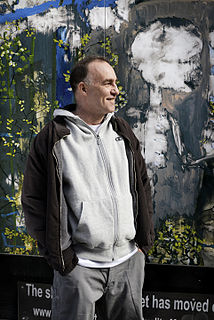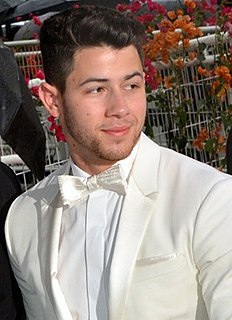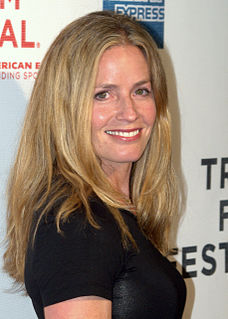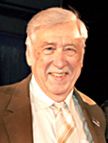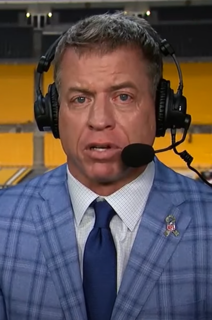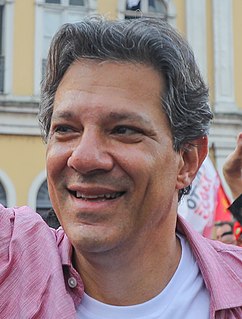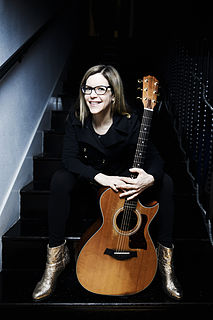A Quote by John Lurie
My musical education started in the limelight, because I found myself surrounded by real musicians, but after my career had taken off.
Related Quotes
I've taken a few public hits in my career, and I never hid the pain of it from my children. Nor did I hide the regrouping and rethinking that occurred after each one. After all, that process allowed me to re-emerge and go on to build a more impactful - and more engaging - career path than the one I had been knocked off of.
I started getting these attacks in 2009, just as my music career was taking off. I'd be doing photo-shoots and started to feel like I was having heart attacks. Increasingly I found it difficult to step outside my flat. Things started to get better after I saw a therapist, who told me I needed to make peace with my panic attacks.
My real musical discovery started when I was 10 with Stevie Wonder and the Jackson 5, and acts that I connected with because they were young when they were doing it, like me. Then I kind of came into my own a couple of years later; I found new artists that shaped my musical landscape. For instance, Kings of Leon played a big part in that.
I was on my own at Wellesley, surrounded by a lot of young women who were motivated and intellectually curious. I started to read because I was required to do so for class, but I soon found myself enjoying the seclusion of the library. I came to see reading as an important way to learn about people, including myself.
